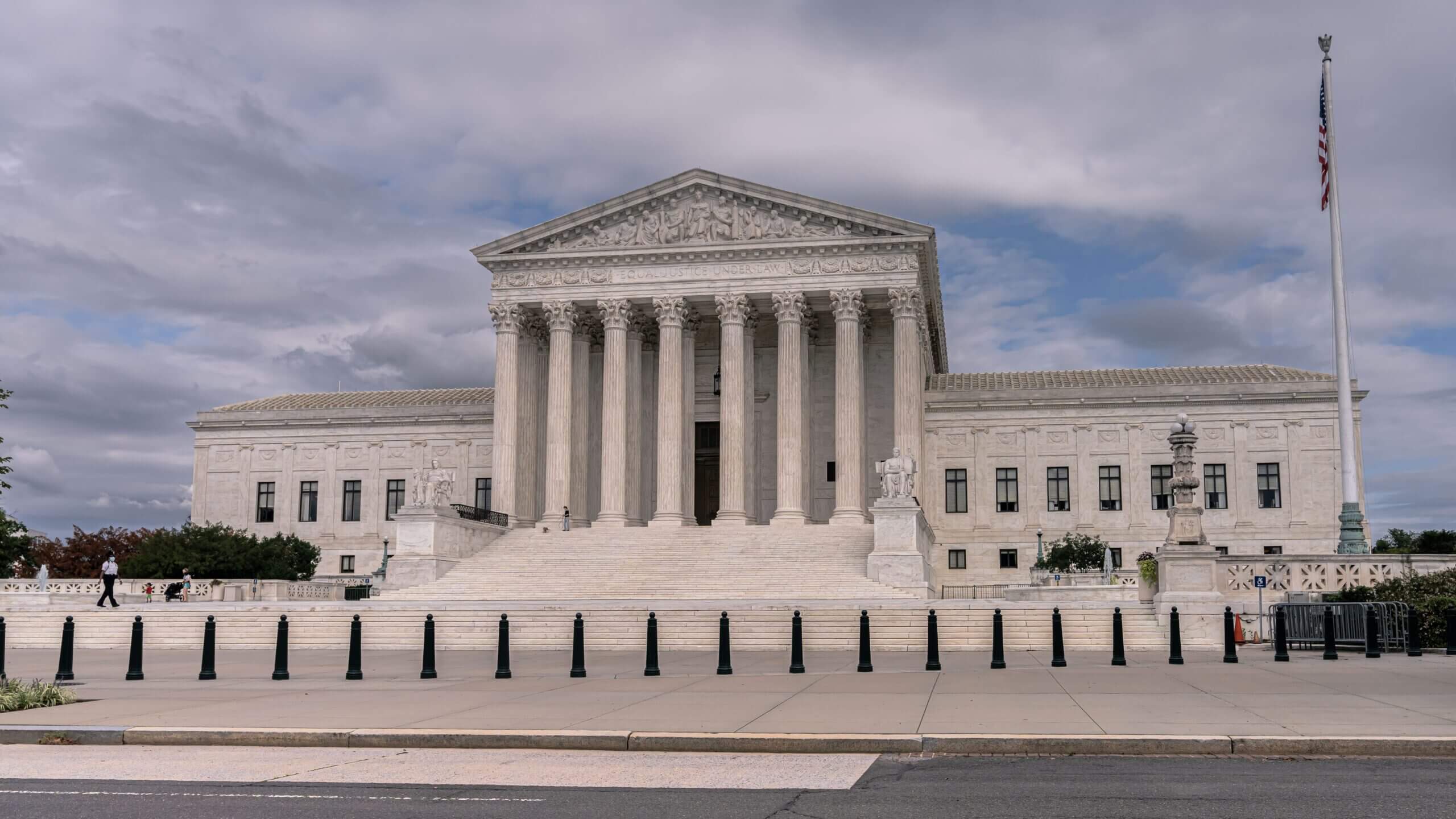Taxes on Punitive Damages
In 1996, the United States Supreme Court ruled on O’Gilvie v. U.S. See generally O’Gilvie v. United States, 519 U.S. 79, 117 S. Ct. 452, 136 L. Ed. 2d 454 (1996). In this case, the surviving spouse of a tort victim filed suit against the United States government, seeking a refund of income taxes paid on punitive damages awarded to him in his wrongful death action.
The Issue
The issue before the Court was whether a provision in the Internal Revenue Code applies to punitive damages received by a plaintiff in a tort suit for personal injuries. The provision in the 1988 Internal Revenue Code § 104(a)(2) reads, “[the] amount of any damages received (whether by suit or agreement and whether as lump sums or as periodic payments) on account of personal injuries or sickness.”
The Facts
The facts in this case are unfortunate. Mrs. O’Gilvie died of toxic shock syndrome. Her husband brought a tort suit on his behalf and as representative for her estate against the manufacturer of the product that caused his wife’s death. He and his two children obtained a jury award of $1,525,000 in actual damages and $10 million in punitive damages. Mr. O’Gilvie immediately paid income tax on the proceeds but sought a refund. This case concerns the legal ownership of that refund.
From the facts of this case, two things are clear. First, punitive damages are where most of a case’s value comes from. It is increasingly important to consult a Maryland personal injury lawyer to understand the applicable standard for obtaining punitive damages. The second notable inference is that your defendant matters. This case is about the death of a mother of two children. Courts apply punitive damages only if the defendant acts willfully, wantonly, or recklessly. However, in D.C. and Maryland, the law is slightly different. But regardless, the ultimate purpose of punitive damages is to punish a defendant for especially reprehensible behavior.
Tax on Punitive Damages
The Supreme Court sided with the Government, which said the punitive damages were not received on account of the personal injuries. Instead, they were awarded on account of the defendant’s reprehensible conduct and the jury’s need to punish and deter it. Accordingly, the punitive damages fall outside the statute’s coverage. In simpler terms, punitive damages received in tort for personal injuries are a part of taxable gross income.

 N/a
N/a












